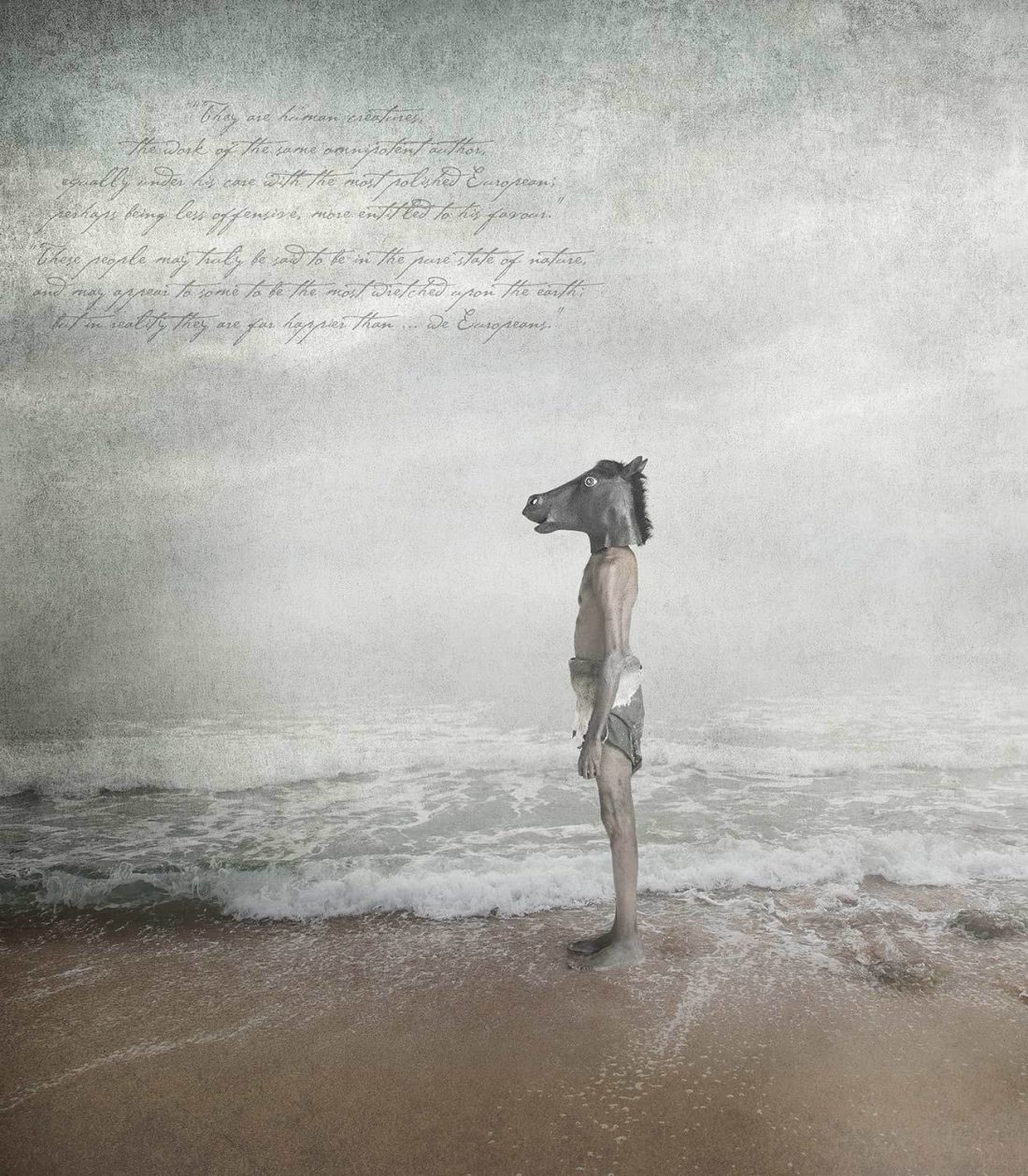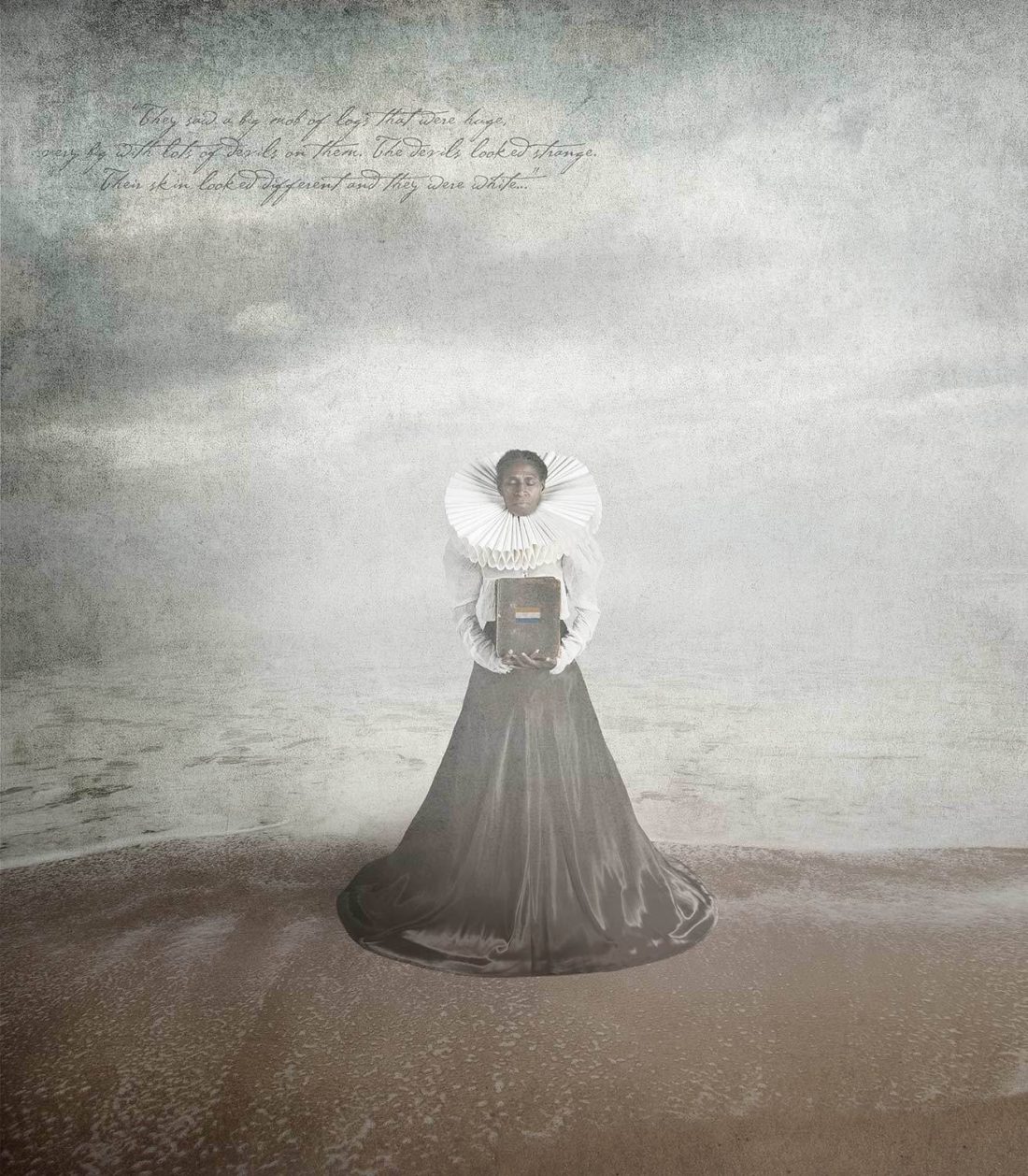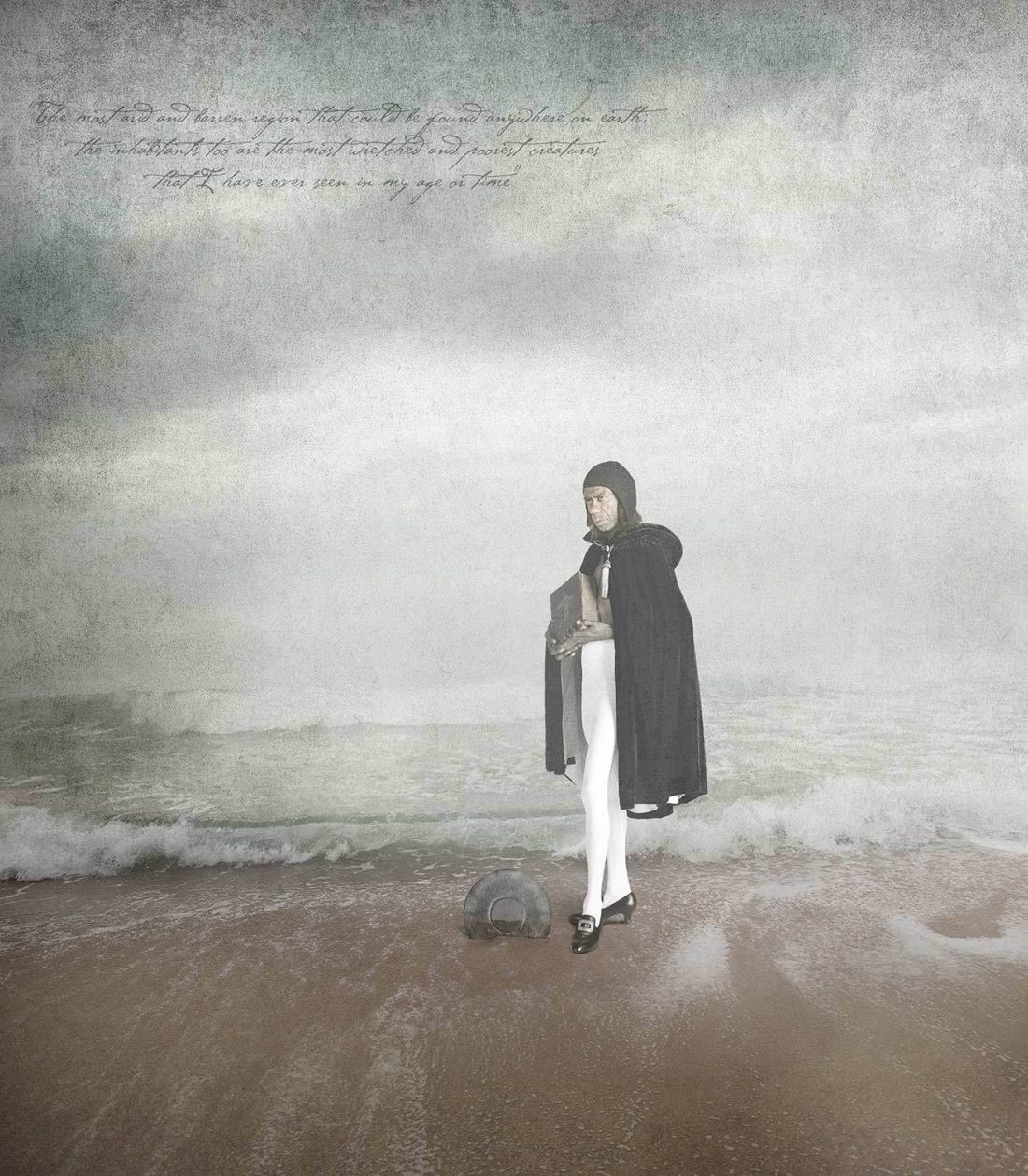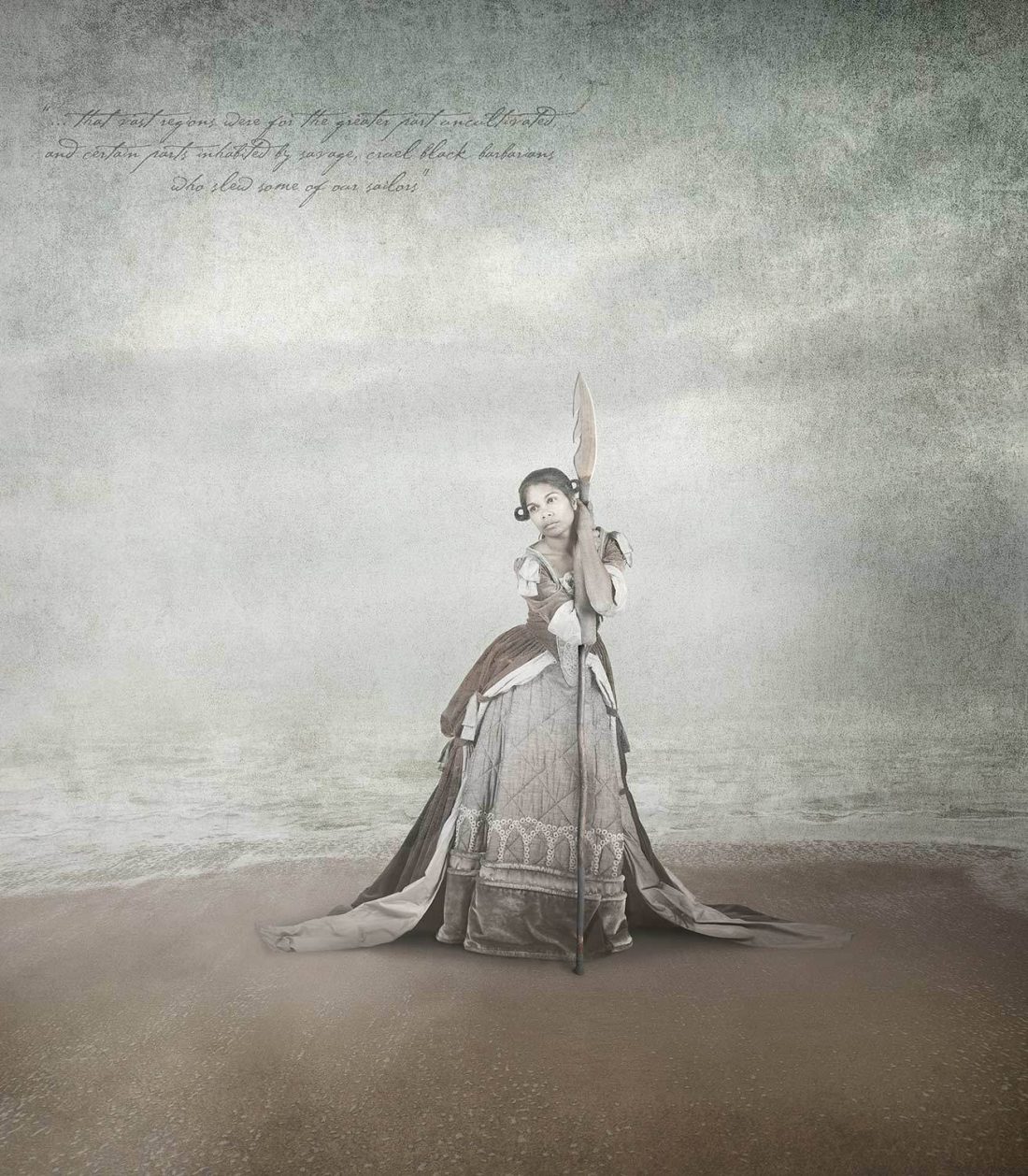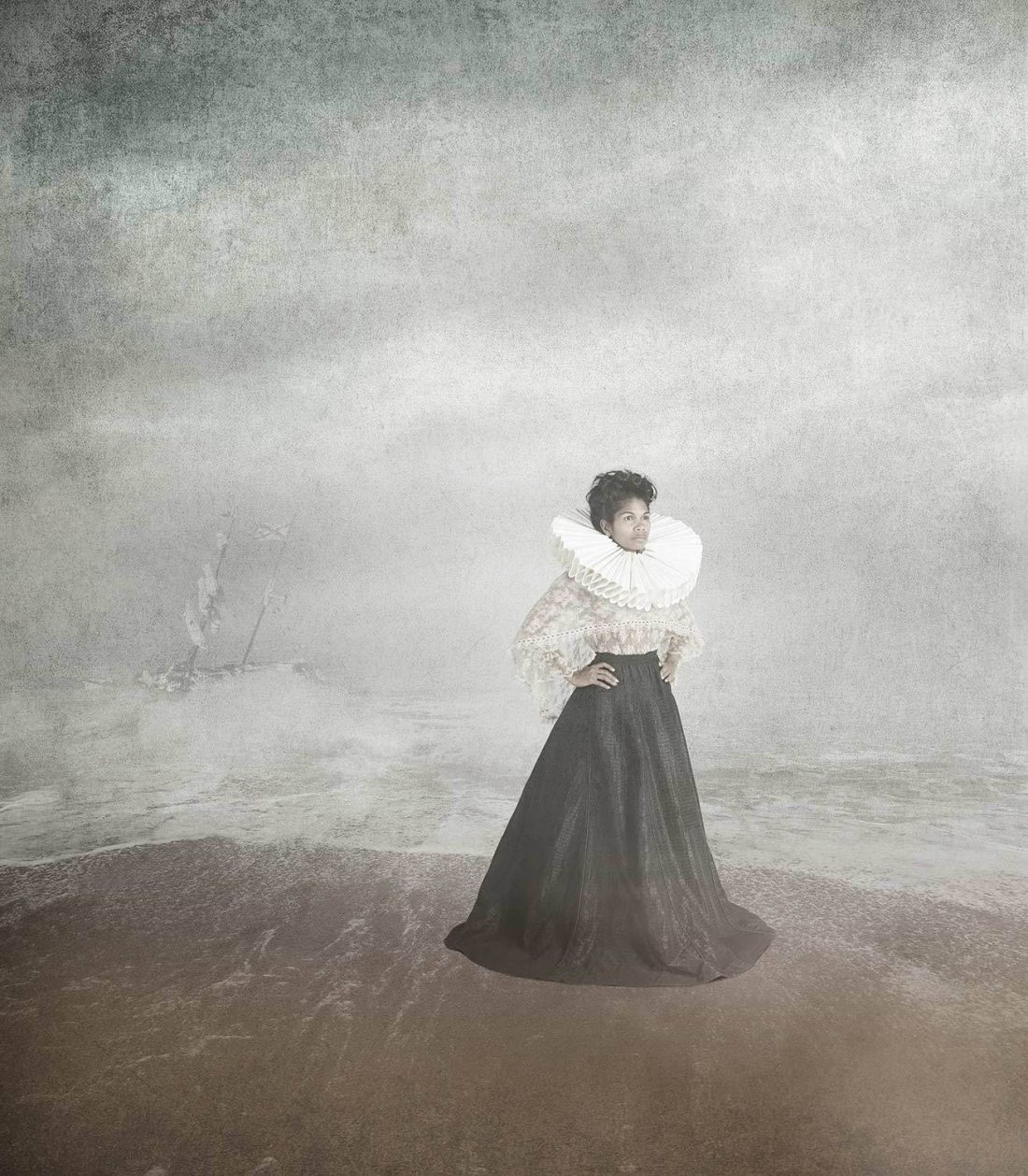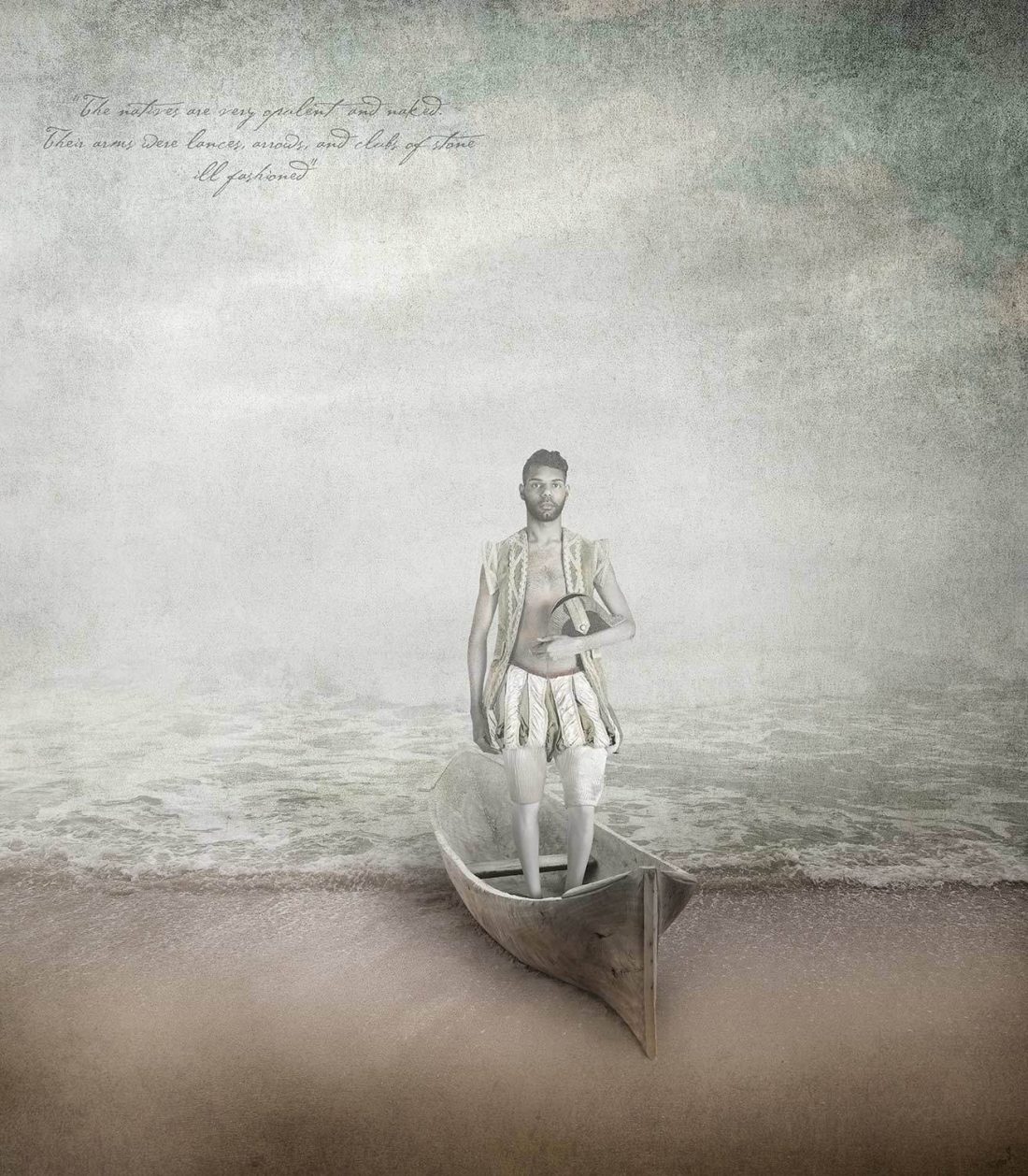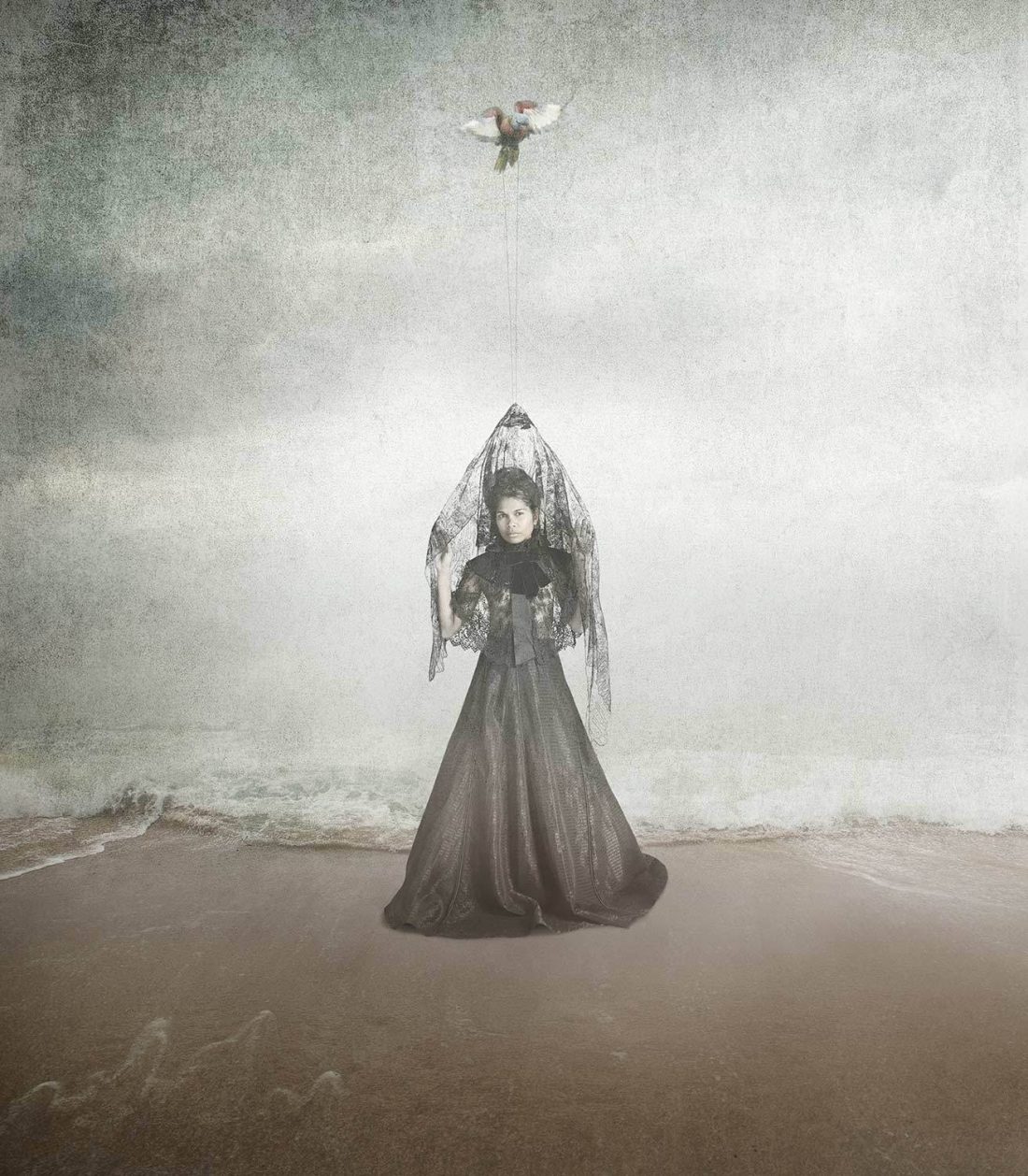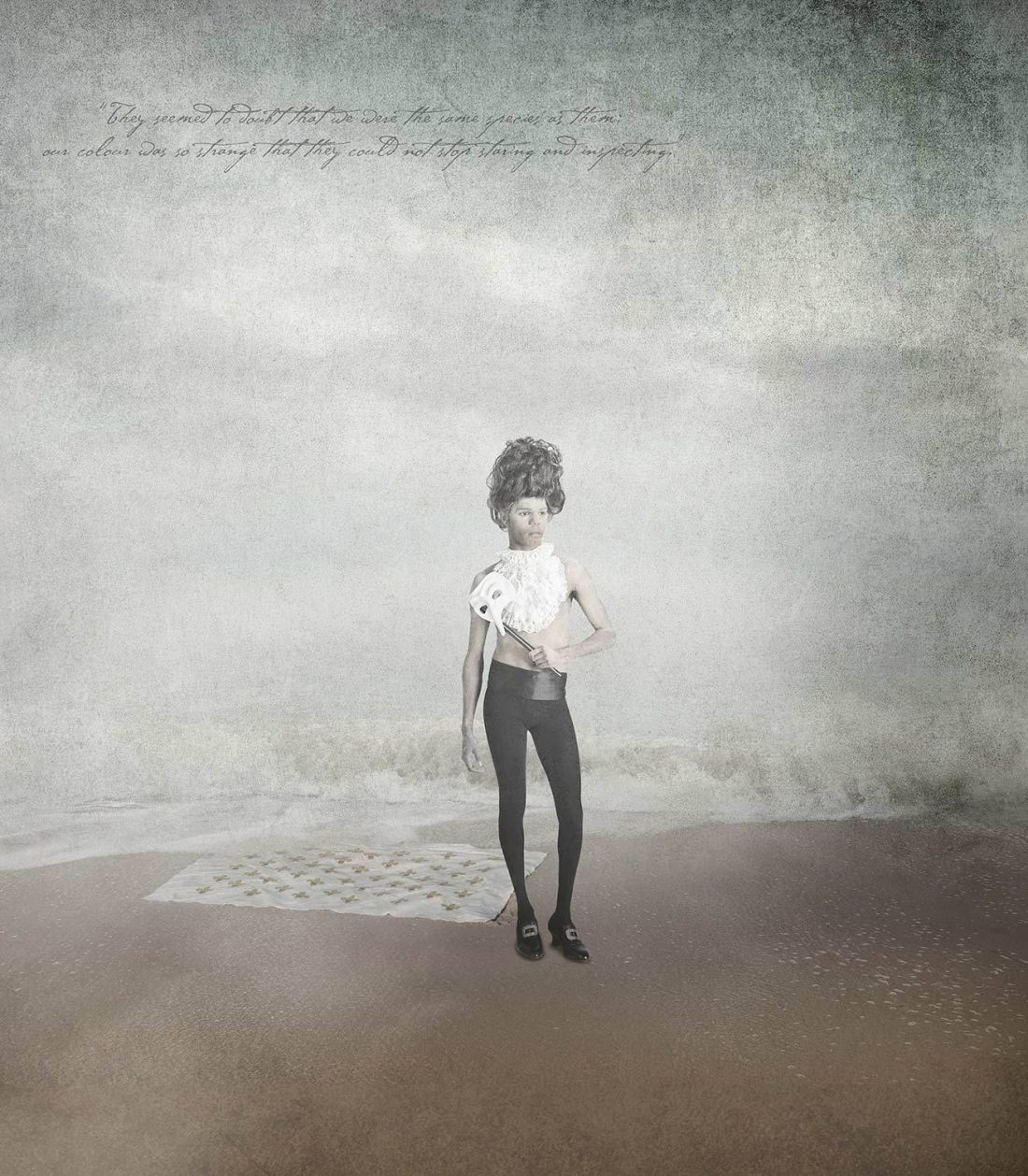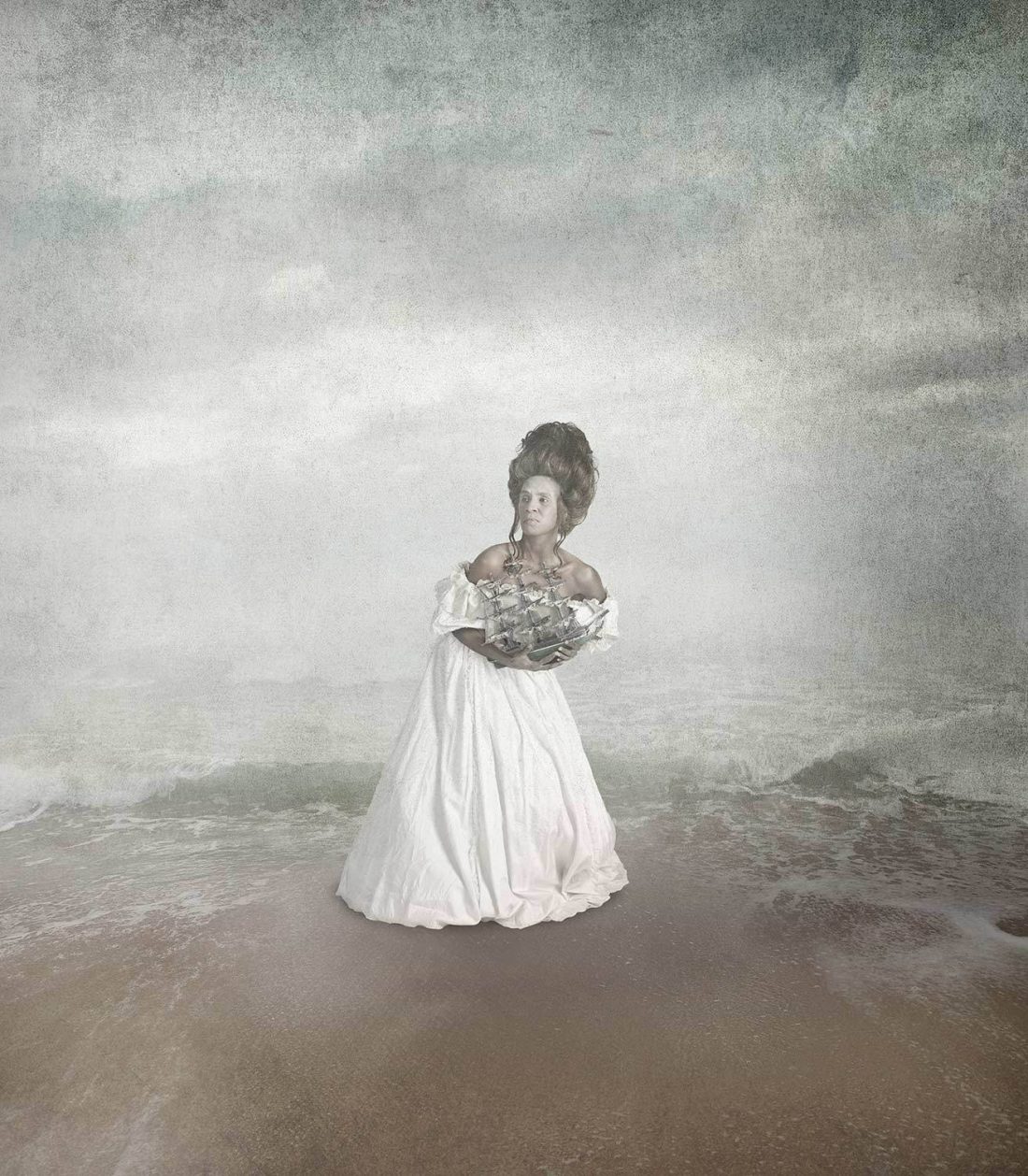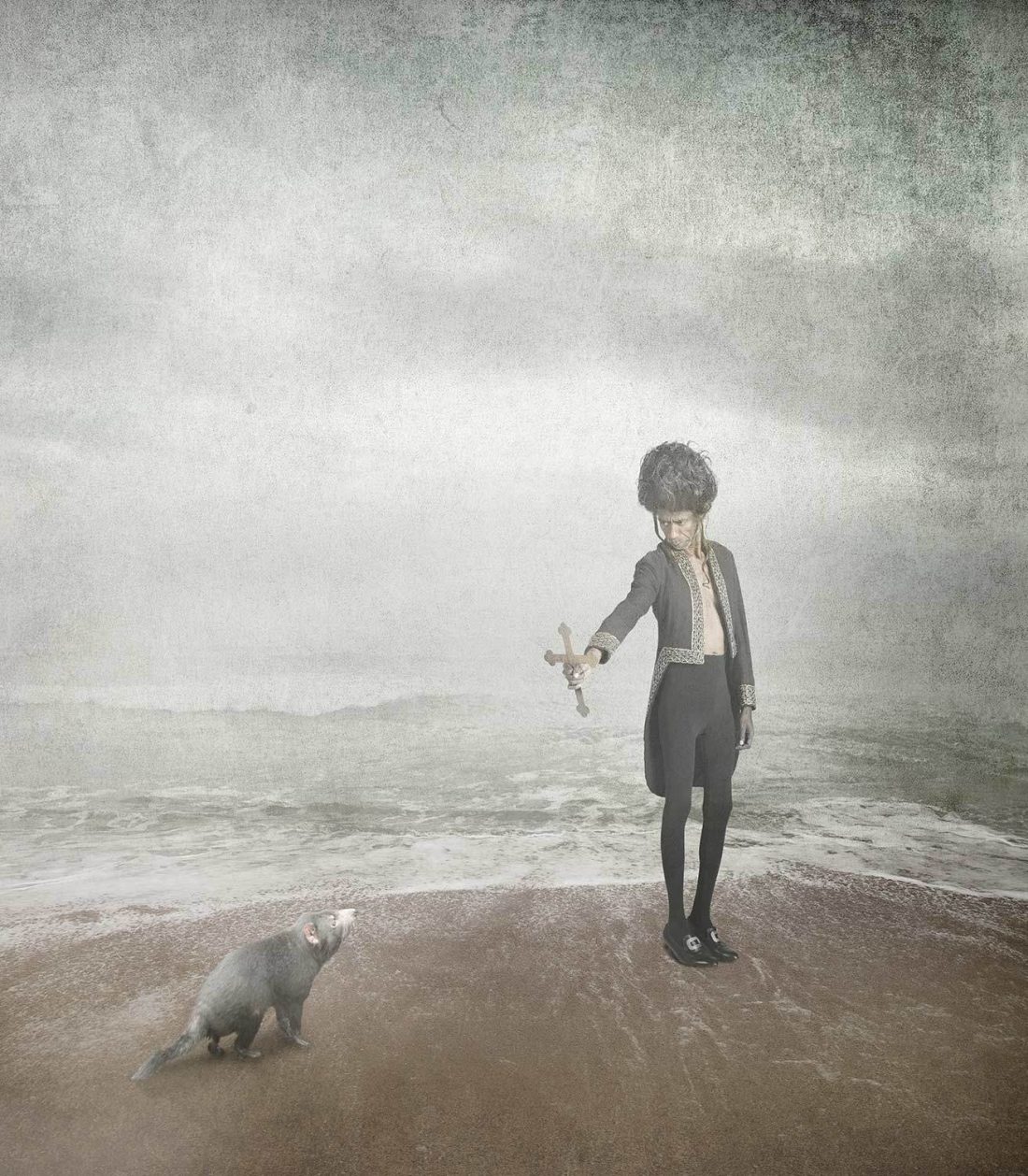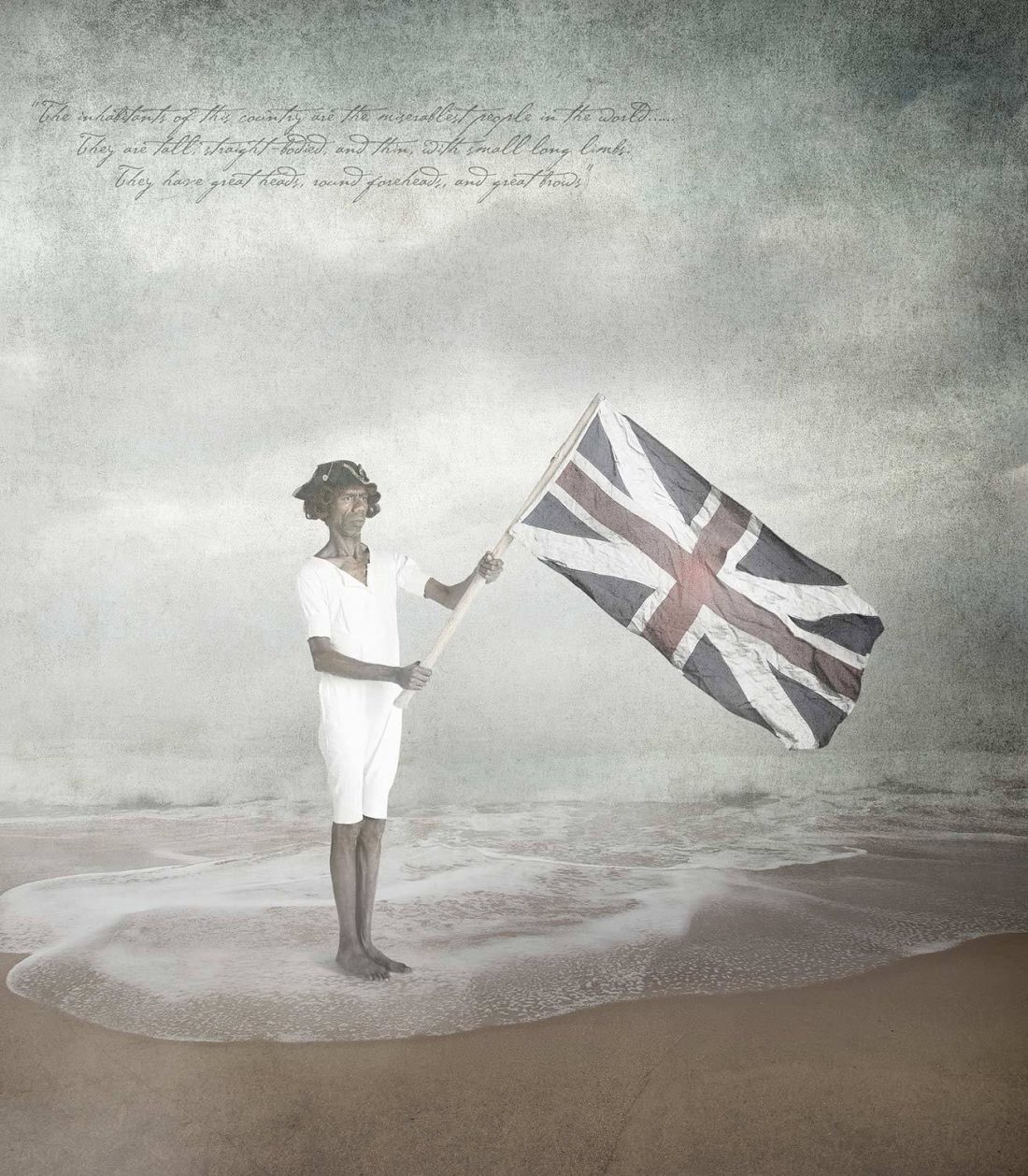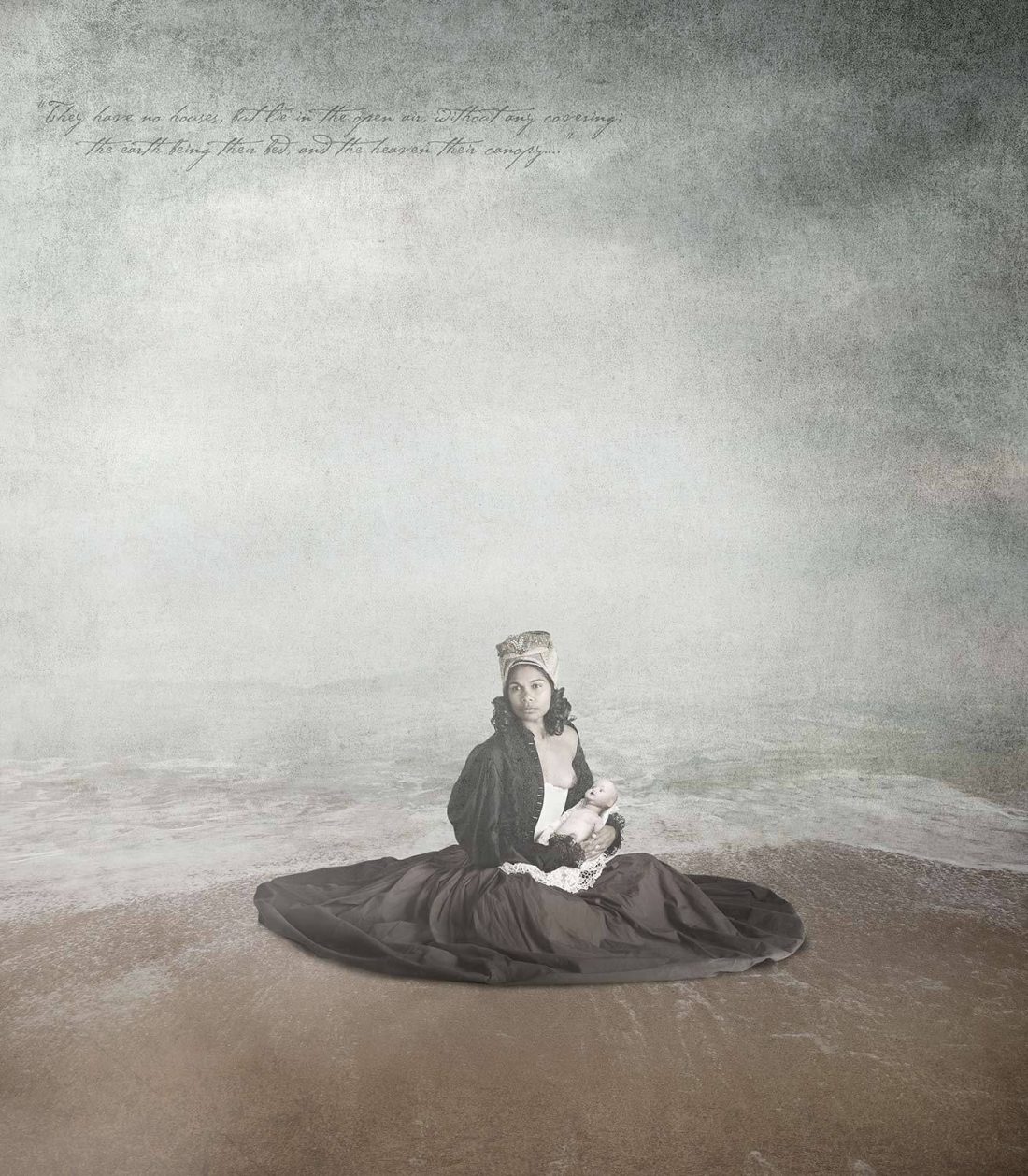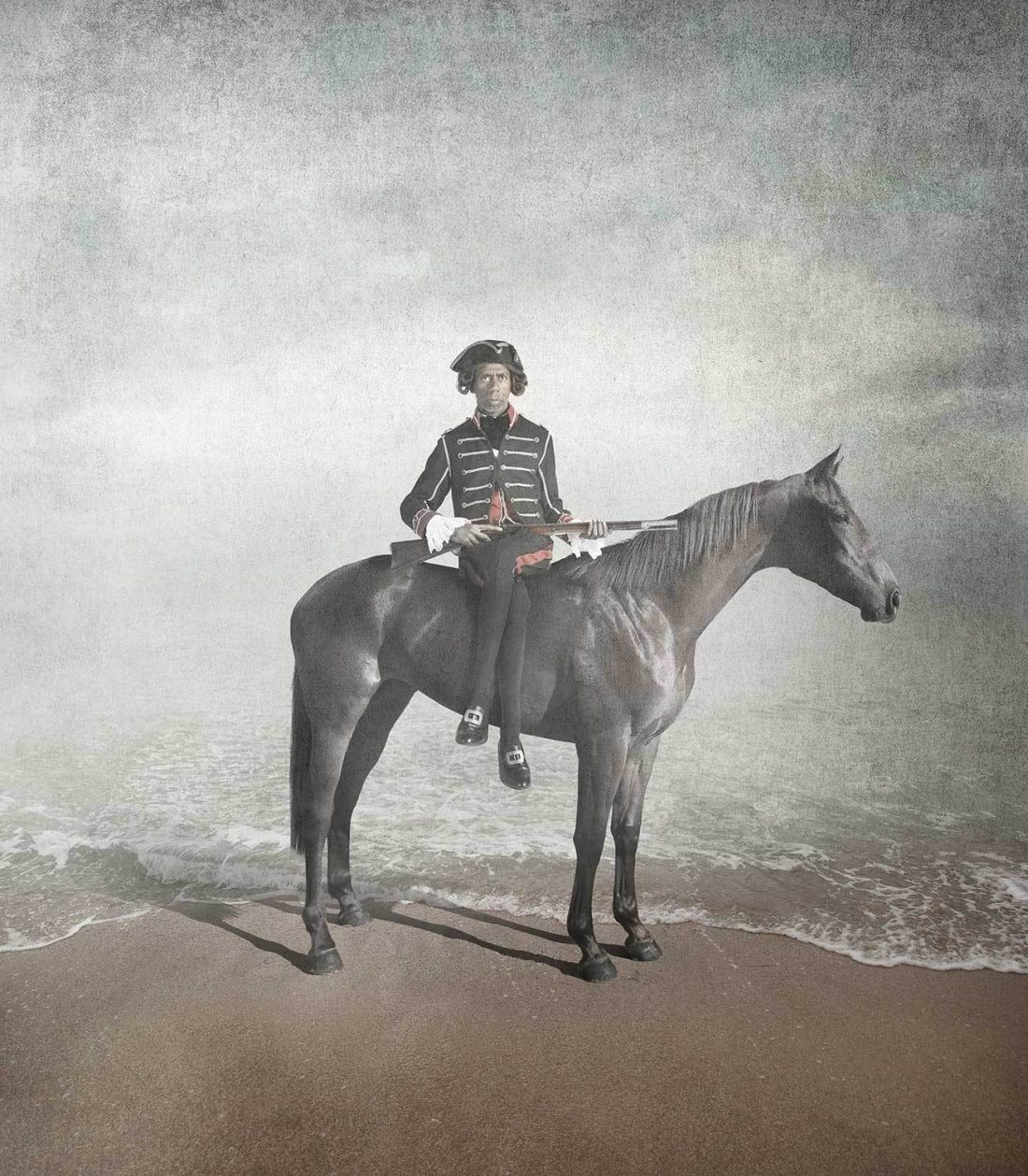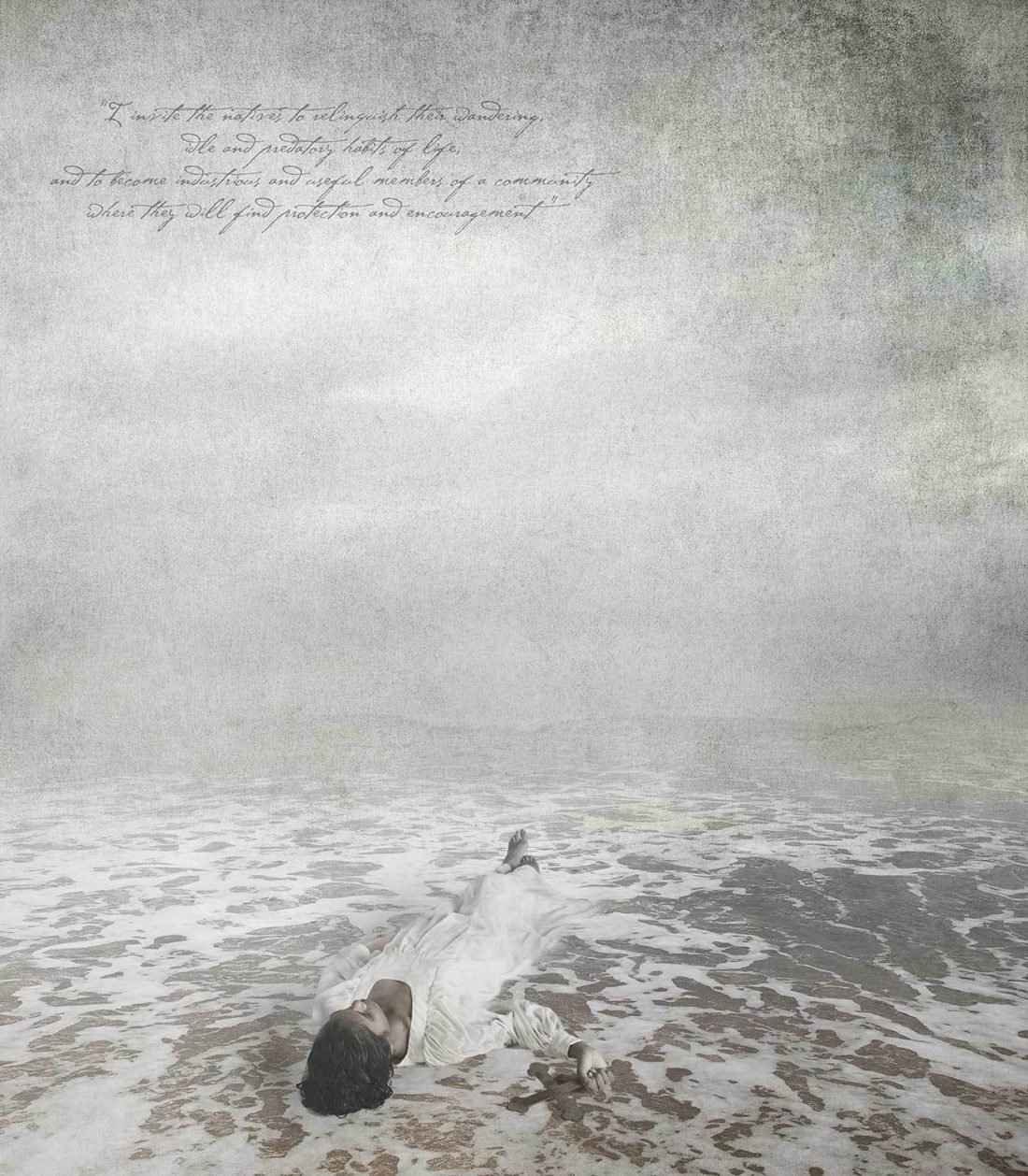Civilised
Captain Cook wrote "these people may truly be said to be in the pure state of nature, and may appear to some to be the most wretched upon the earth; but in reality they are far happier than... we Europeans."
What was the colonisers view of what it means to be civilised, and would a better understanding of Aboriginal cultures made a difference to our history? Was being civilised about fashion, speech, cultivating the land, having christian beliefs, or was it to do with the colour of someone’s skin or how they appeared?
Upon the European discovery of Australia, Indigenous people were seen as 'natives' part of the flora and fauna. European settlers were not interested in understanding new cultures or how the Aboriginal people lived in harmony with the land, only that their way of life was superior. Even today, Aboriginal people are still suffering because these beliefs still exist amongst some non-Indigenous Australians. Even today, in a so-called ‘modern’ society, racism is rife.
This body of work looks at the four European countries that visited Australia before and in the early stages of colonialisation: The Netherlands, Spain, England and France. It asks ‘what makes a person civilised?’ and suggests what a different historical settlement may have been like if those Europeans had arrived in Australia and realised that the Indigenous Peoples were indeed civilised.
For Indigenous Australians were certainly civilised, as Cook alluded to. The harmony with the land that had existed for tens of thousands of years was precious, in perfect balance, and in the last 400 years some of these lessons could have been considered more thoughtfully.

